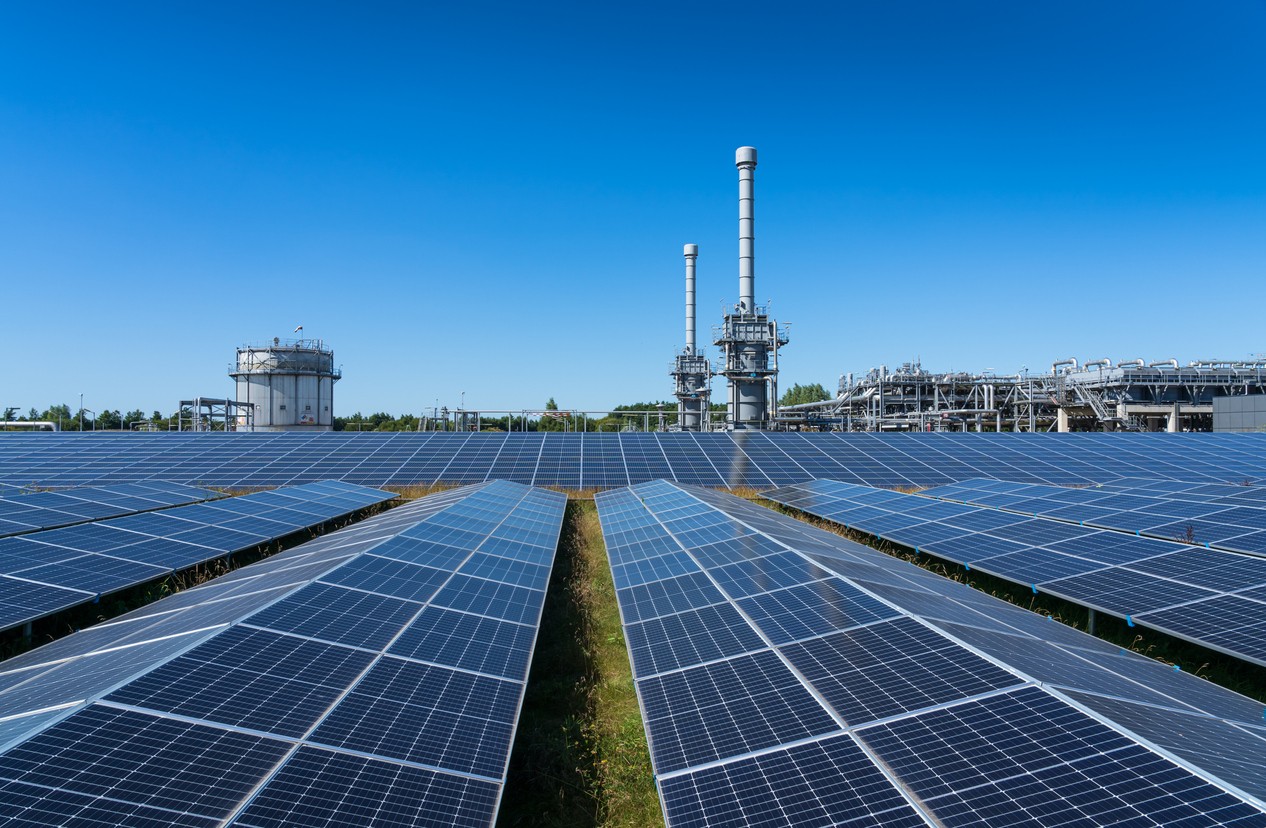
Introduction:
The advent of Solar Power Generation has revolutionized the energy landscape, offering a sustainable and efficient alternative to traditional power sources. In this article, we explore the transformative impact of harnessing solar energy and delve into the key aspects of solar power generation.
Harnessing Solar Energy:
At the core of Solar Power Generation is the ability to harness the immense energy radiated by the sun. Solar panels, typically made of photovoltaic cells, capture sunlight and convert it into electricity through a process known as the photovoltaic effect. This clean and renewable energy source has the potential to meet a substantial portion of our power needs.
Photovoltaic Technology:
The heart of solar power lies in photovoltaic technology. Photovoltaic cells within solar panels are made from semiconductor materials, often silicon. When exposed to sunlight, these cells generate an electric current as electrons are excited, producing a flow of electricity. Advances in photovoltaic technology continue to enhance efficiency and affordability, making solar power more accessible.
Grid-Tied Solar Systems:
Grid-tied solar systems are a common application of solar power generation. In these systems, solar panels are connected to the electrical grid, allowing excess electricity to be fed back into the grid. This not only provides a renewable energy source for the user but also facilitates the sharing of clean energy with the broader community.
Off-Grid Solar Solutions:
Off-grid solar solutions cater to areas without access to a centralized power grid. These systems often include a combination of solar panels, energy storage (batteries), and inverters. Off-grid solar solutions empower remote communities and rural areas by providing a reliable and sustainable source of electricity.
Advantages of Solar Power:
Solar Power Generation brings forth numerous advantages. Firstly, it’s a renewable energy source, reducing reliance on finite fossil fuels. Additionally, solar energy production generates minimal environmental impact compared to traditional energy sources. The scalability of solar systems allows for flexibility in installations, from small residential setups to large-scale solar farms.
Economic Considerations and Incentives:
While the initial investment in solar power systems can be significant, long-term economic benefits often outweigh the costs. Many regions offer financial incentives, tax credits, and subsidies to encourage the adoption of solar power. The declining cost of solar panels over the years has further contributed to the economic viability of solar energy.
Environmental Sustainability:
Solar Power Generation plays a crucial role in environmental sustainability. By harnessing energy from the sun, solar power reduces greenhouse gas emissions and mitigates climate change. The transition to solar energy aligns with global efforts to build a more sustainable and eco-friendly future.
Technological Innovations and Future Prospects:
Ongoing technological innovations in solar power generation continue to drive the industry forward. Improvements in energy storage, solar panel efficiency, and smart grid integration enhance the overall performance and reliability of solar systems. The future holds promising prospects as solar power becomes an increasingly integral part of global energy portfolios.
Link to “Solar Power Generation” for In-Depth Insights:
For a comprehensive guide on Solar Power Generation, including detailed insights and resources, visit keozanara.my.id. This resource offers valuable information to those interested in exploring the full potential of solar energy and its impact on sustainable power generation.
Conclusion:
Solar Power Generation stands as a beacon of sustainable energy, providing a clean and renewable alternative to conventional power sources. With technological advancements, economic incentives, and a growing commitment to environmental sustainability, solar energy is poised to play a pivotal role in shaping the future of global energy production. Embracing solar power is not just a technological choice but a significant step towards a greener and more sustainable planet.


